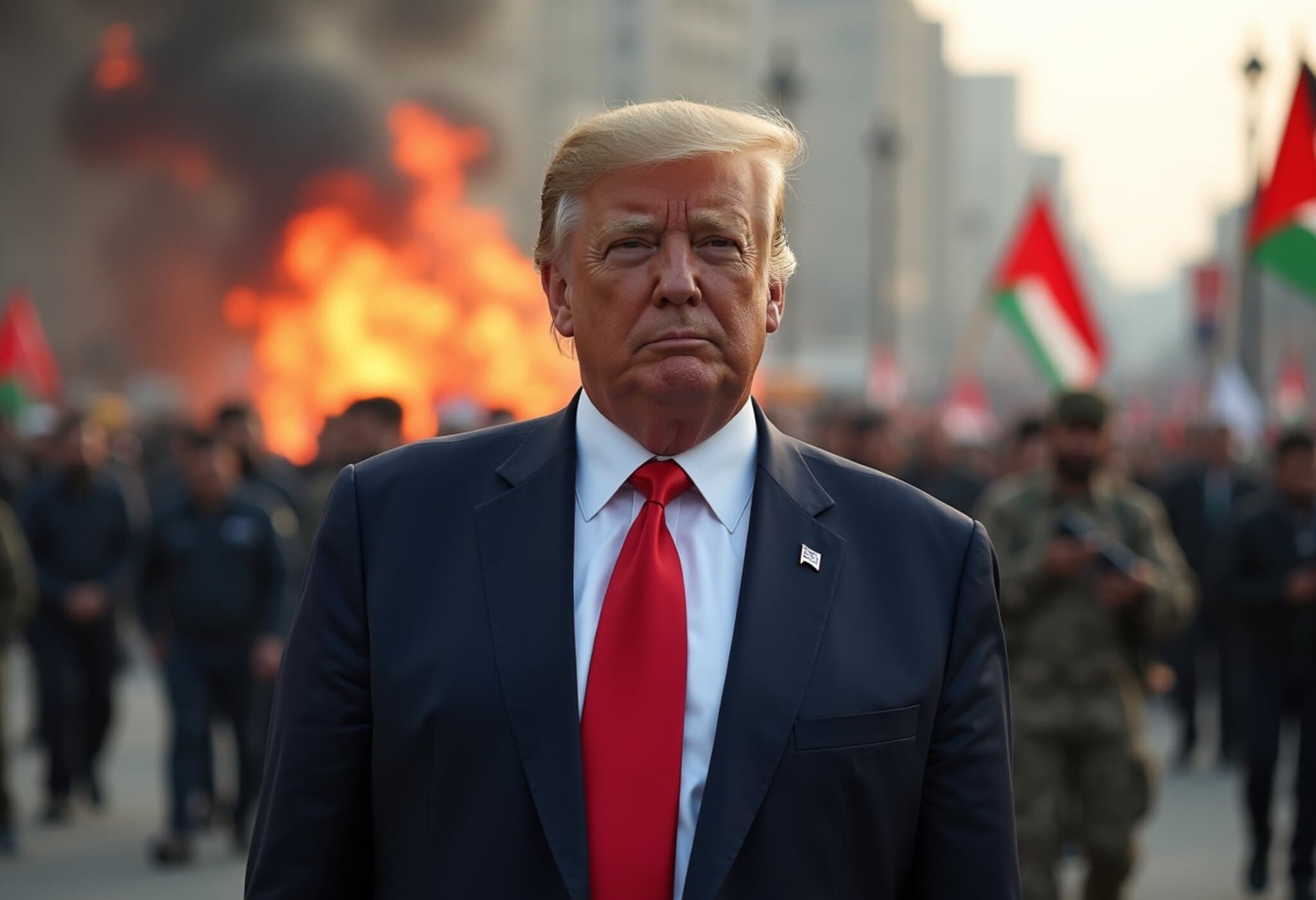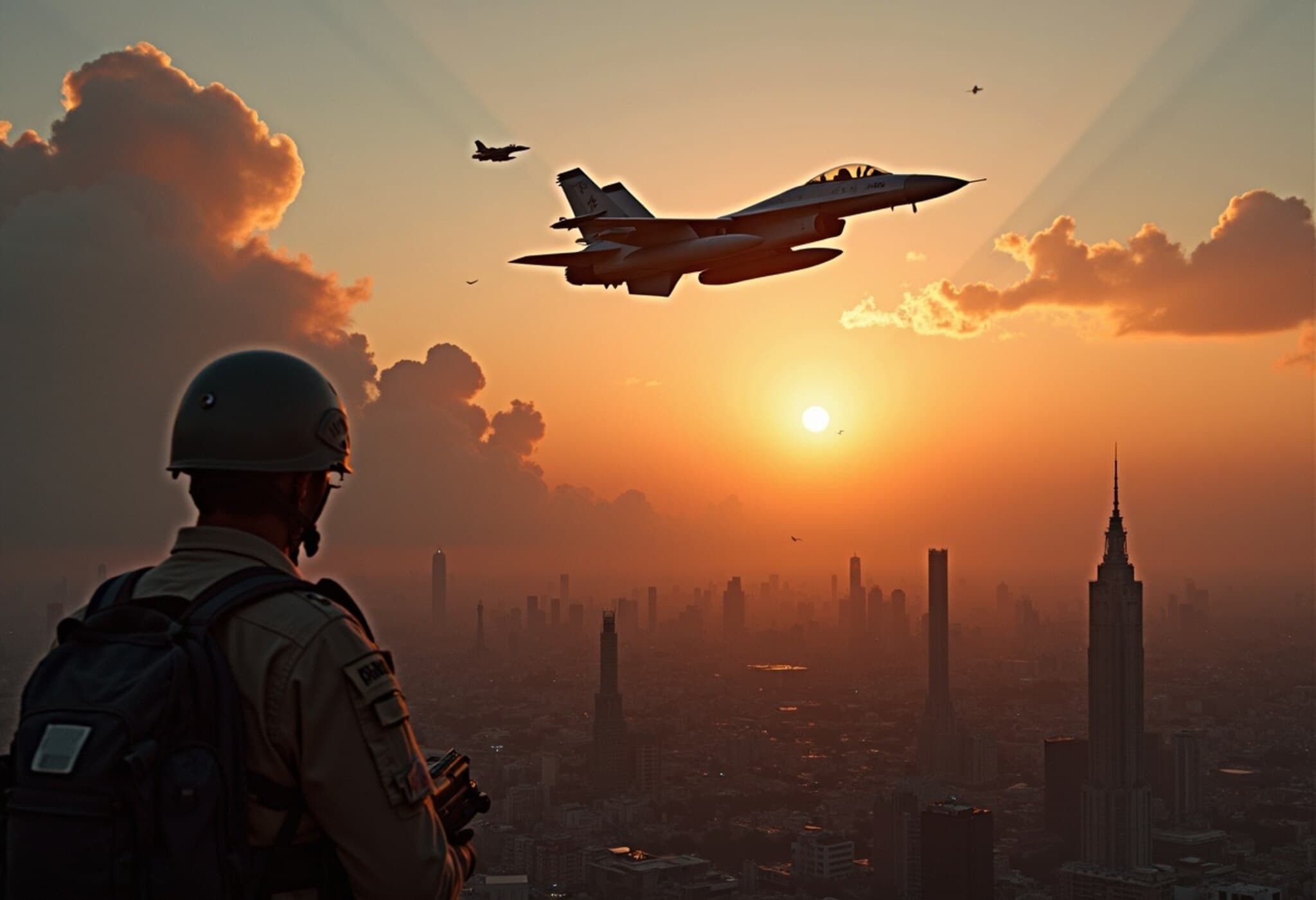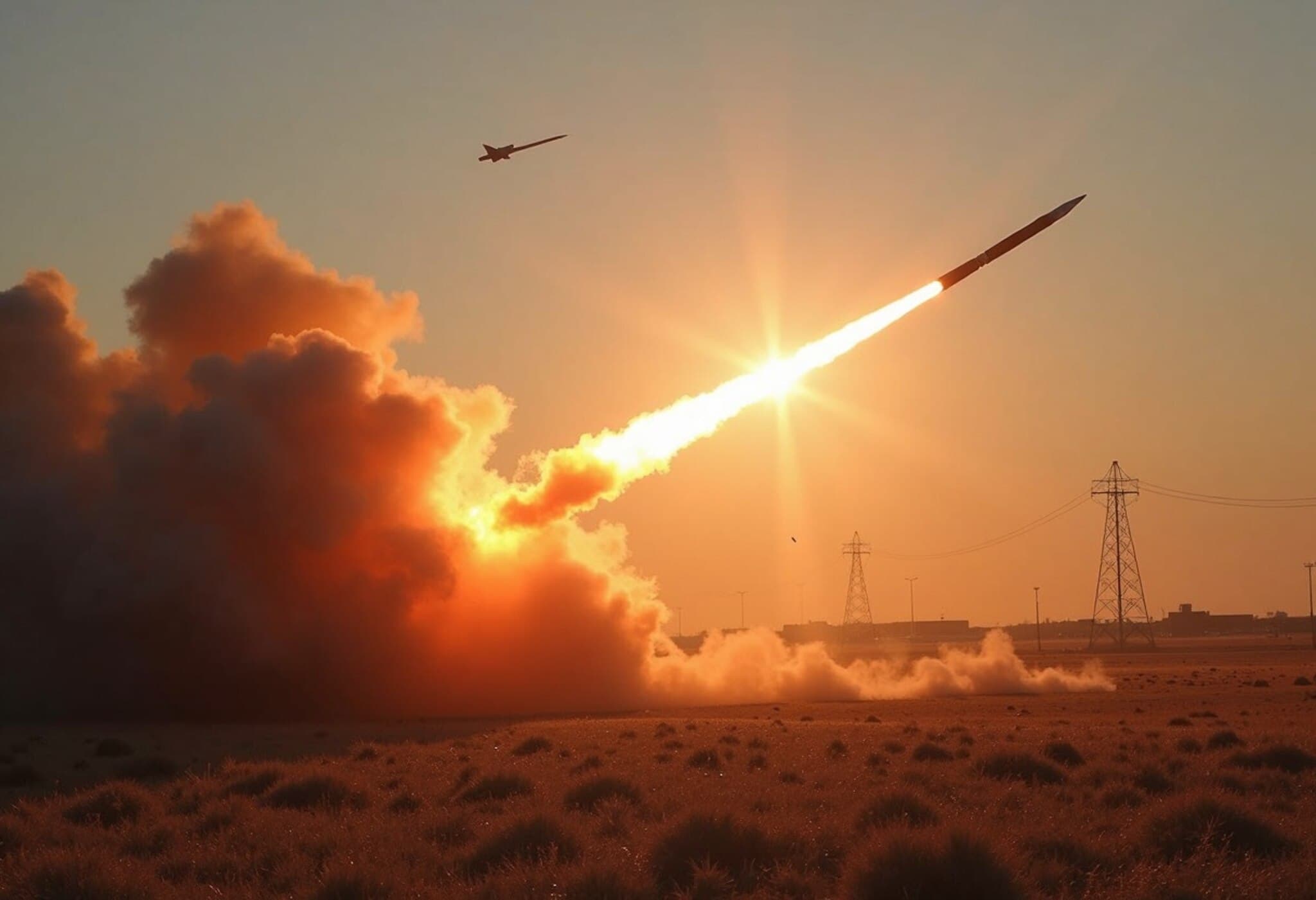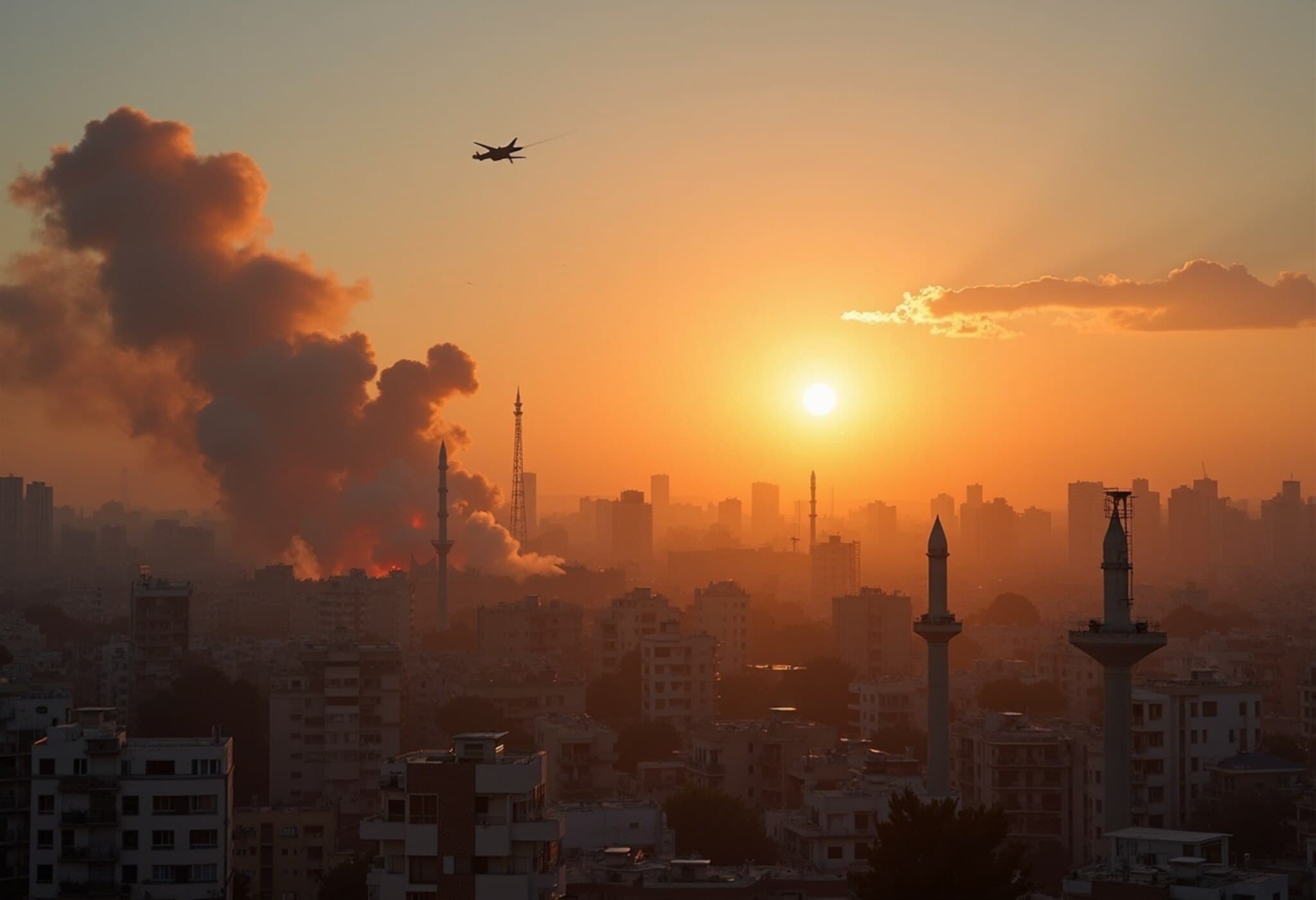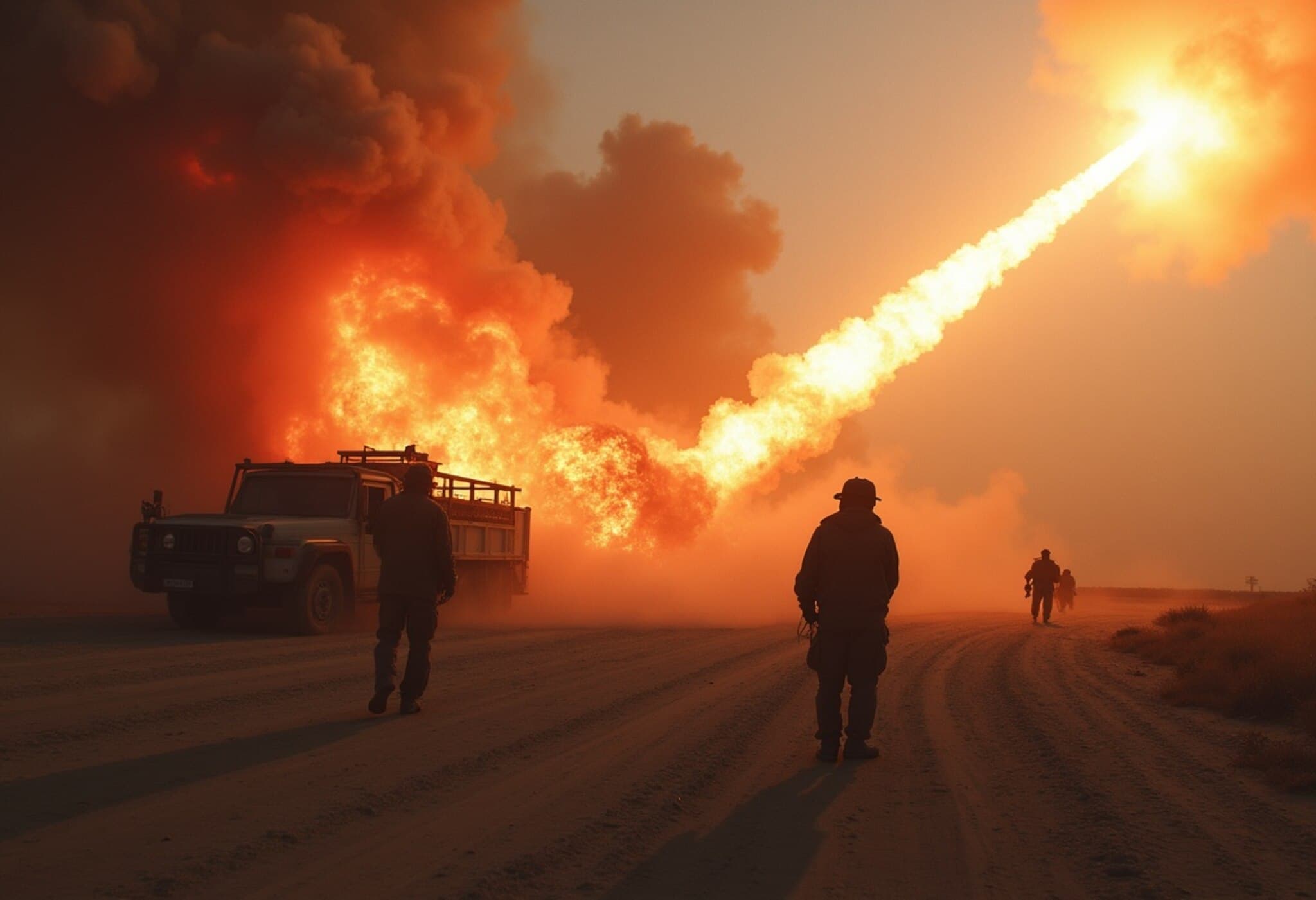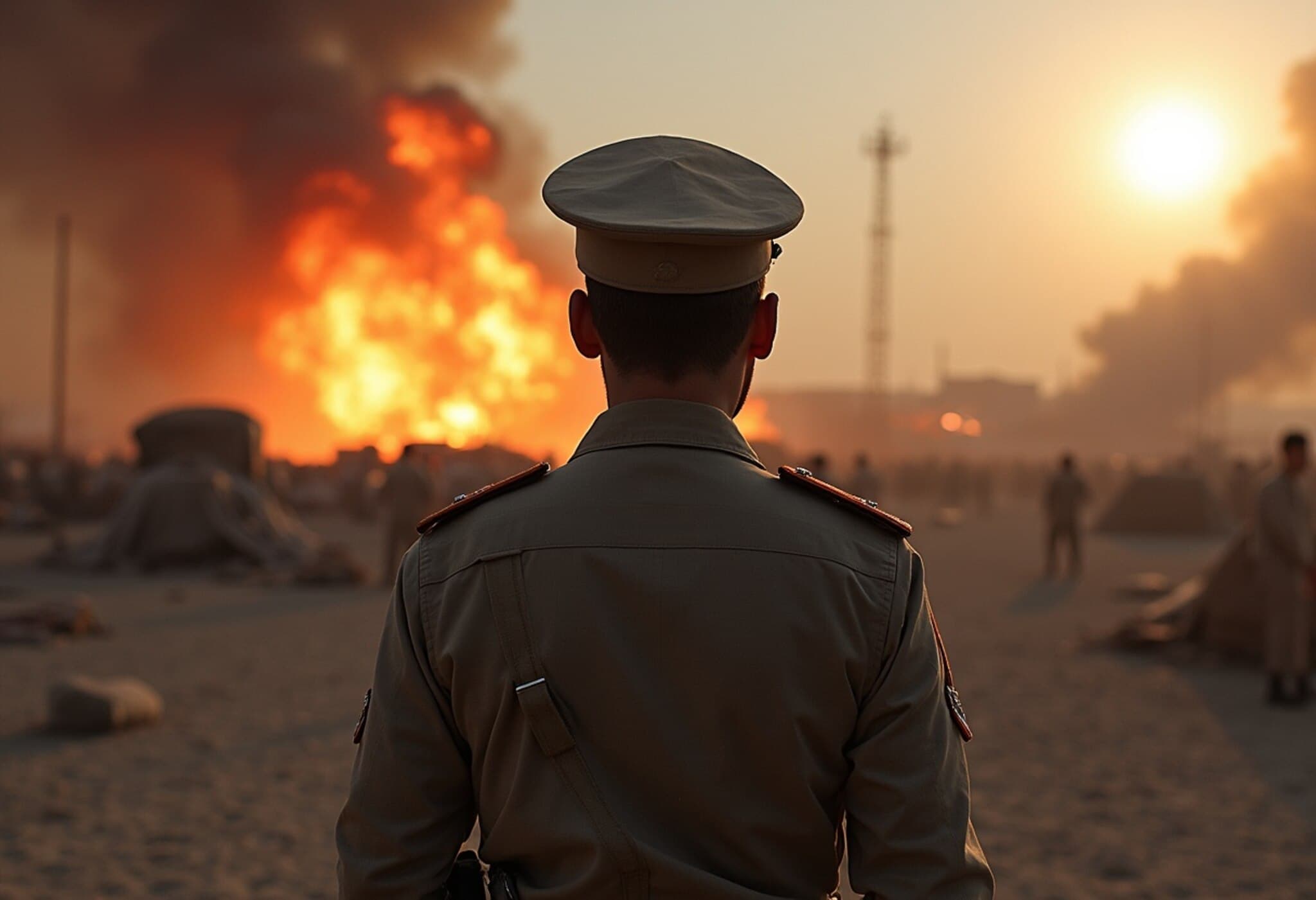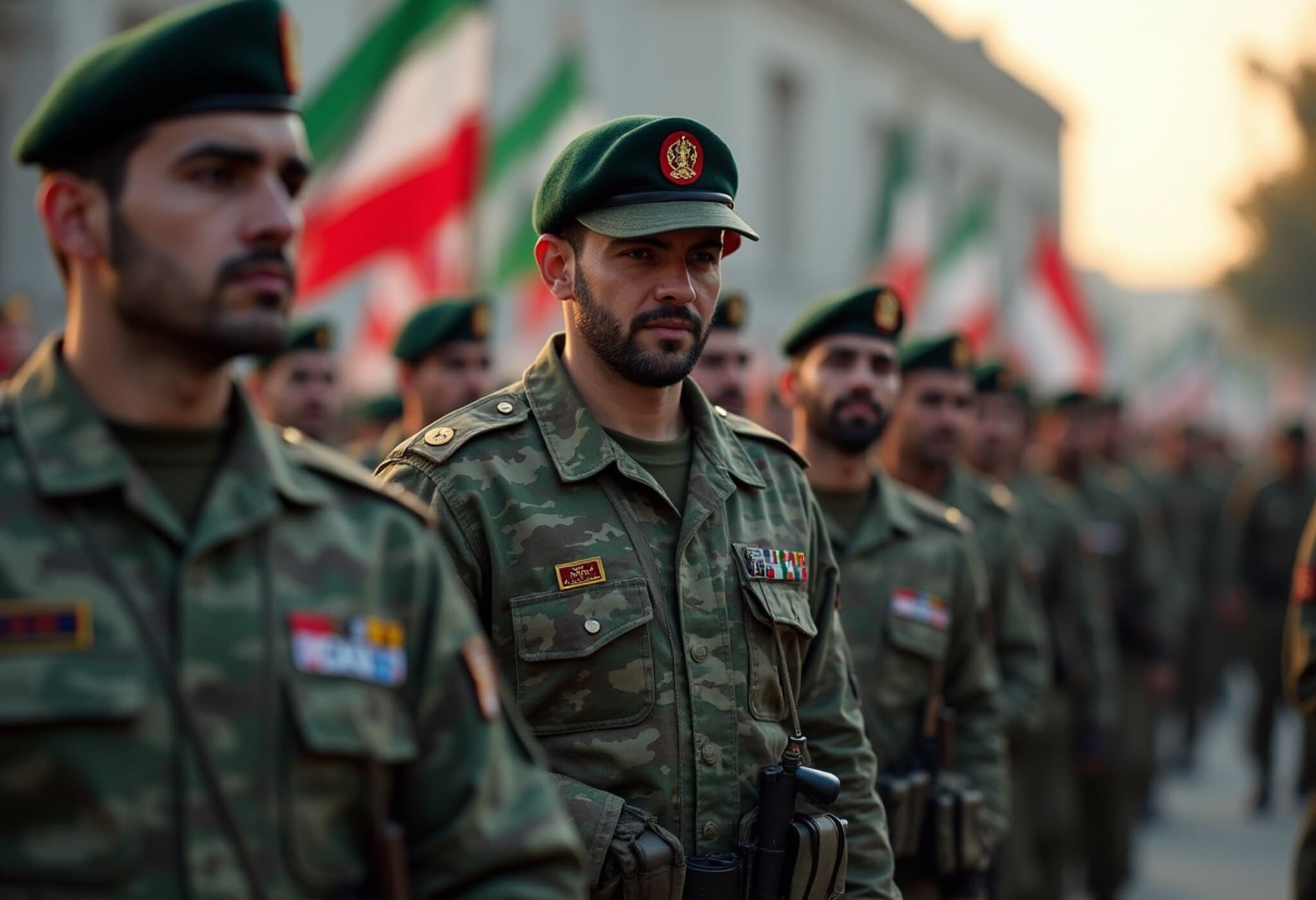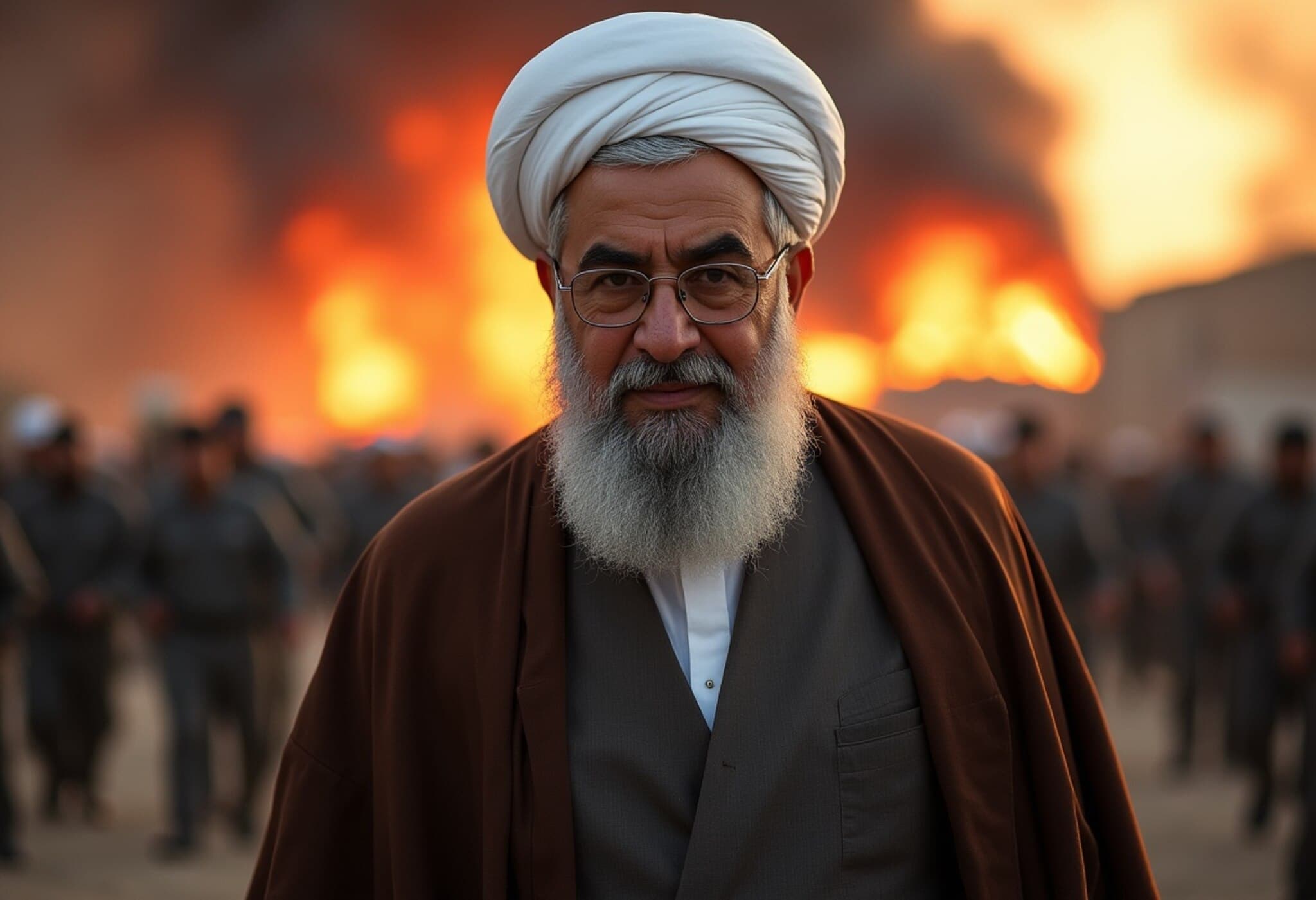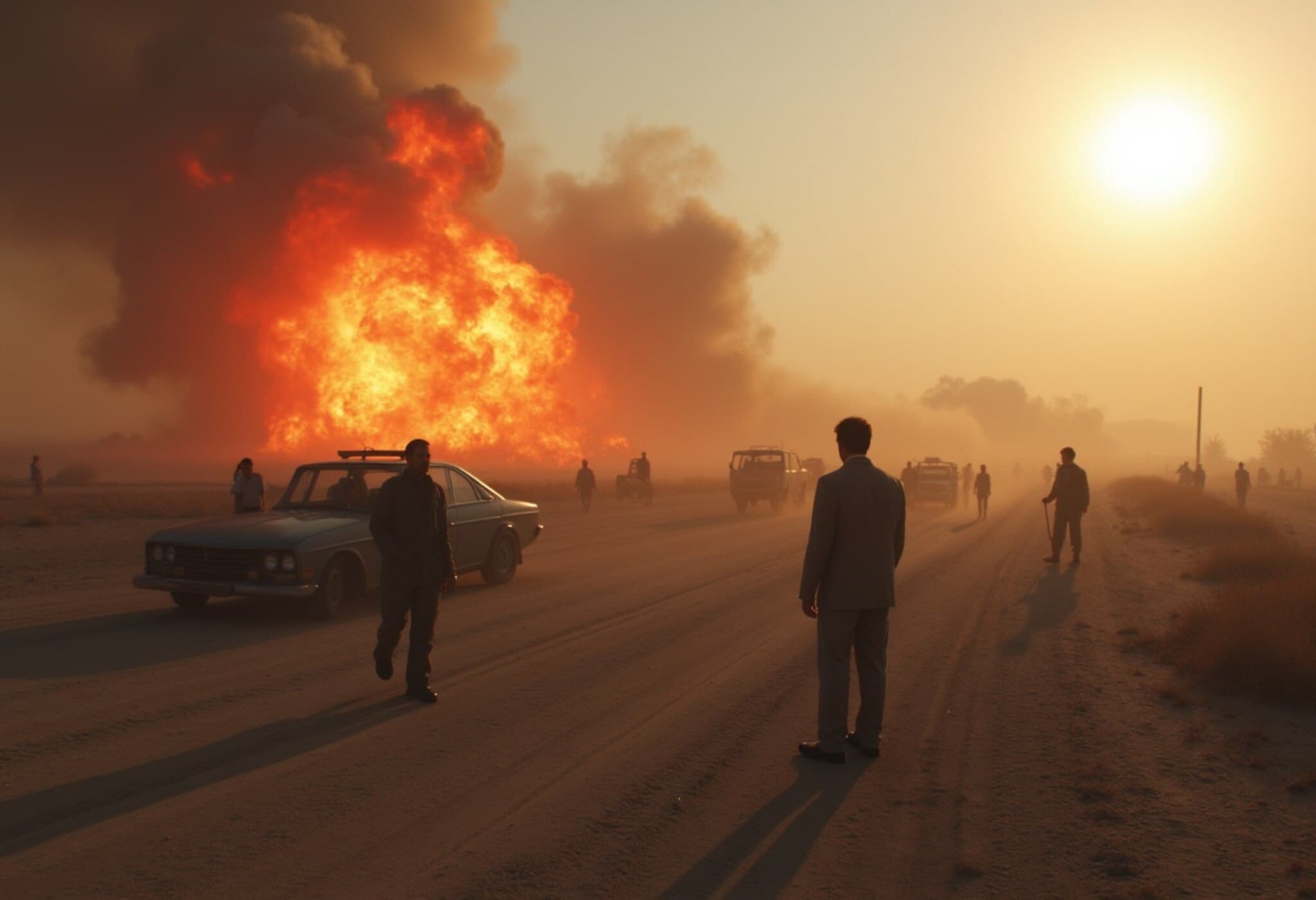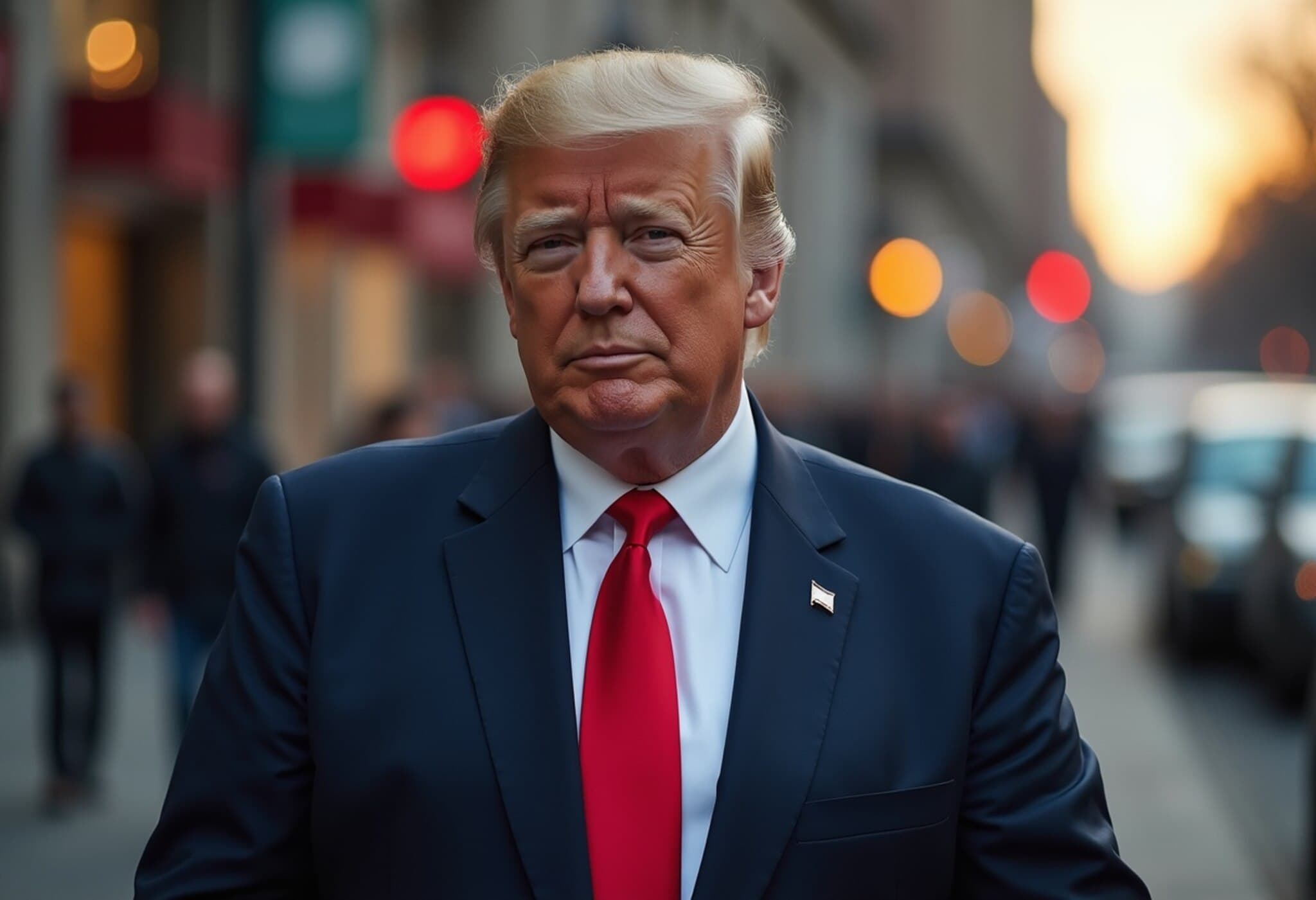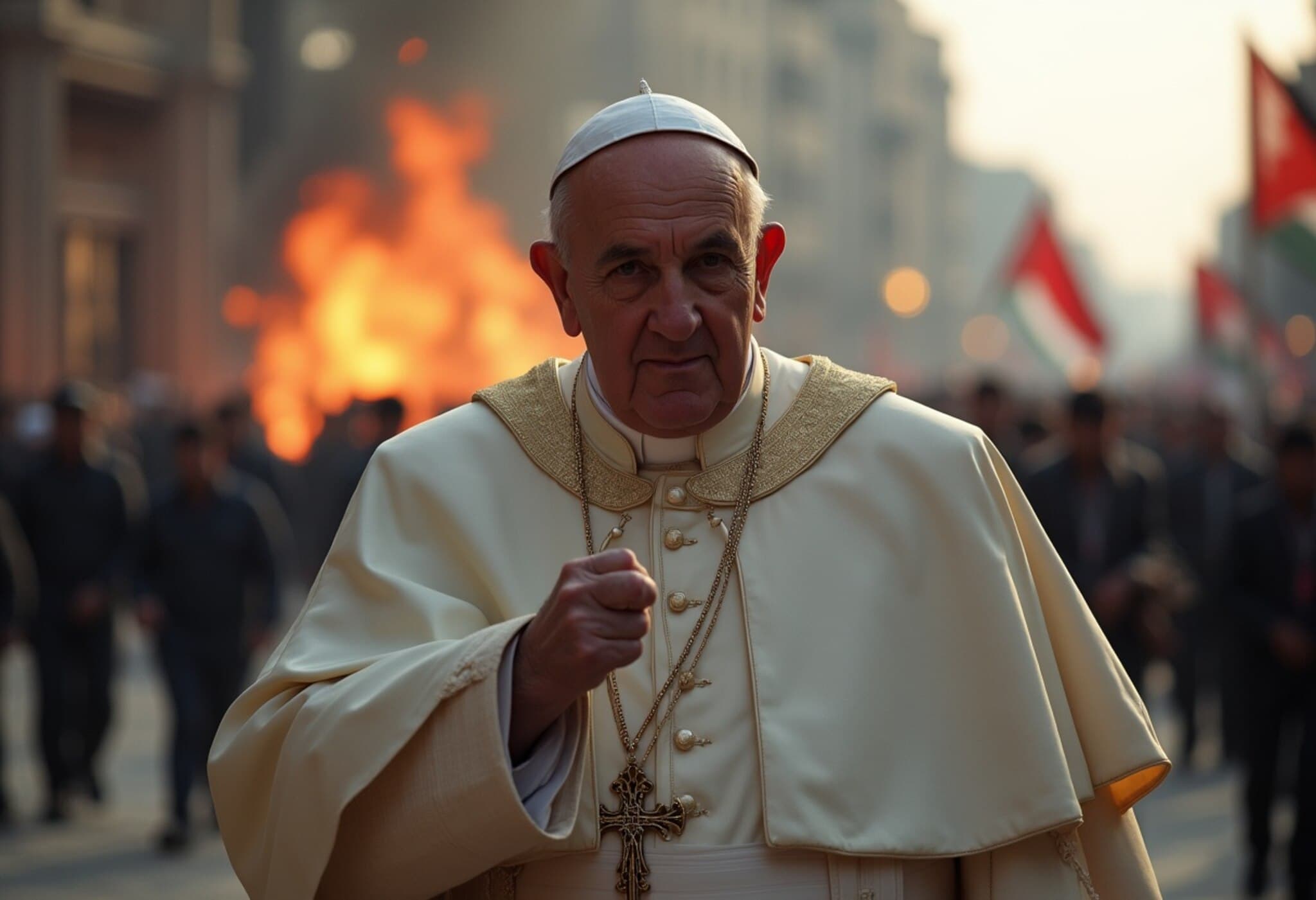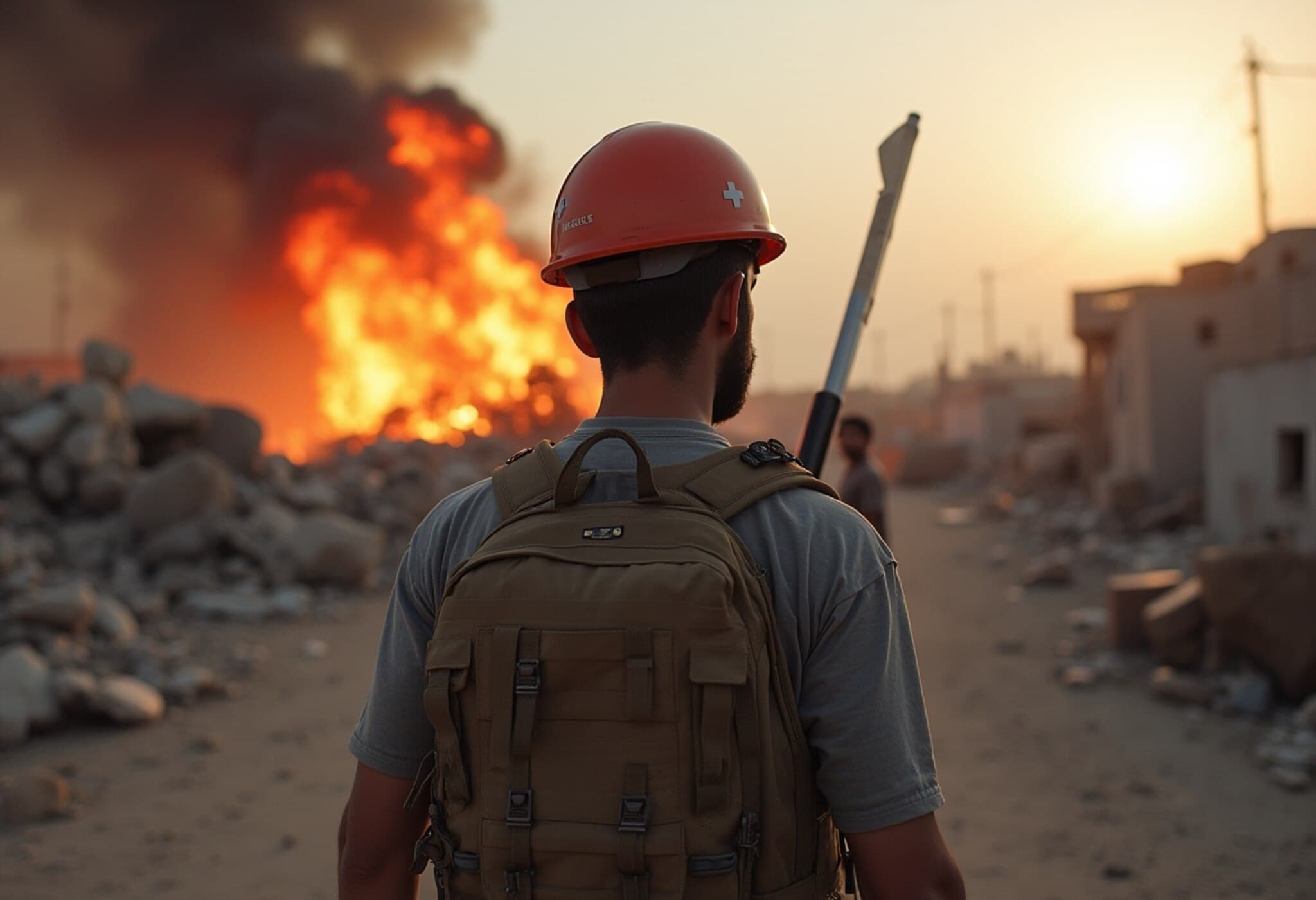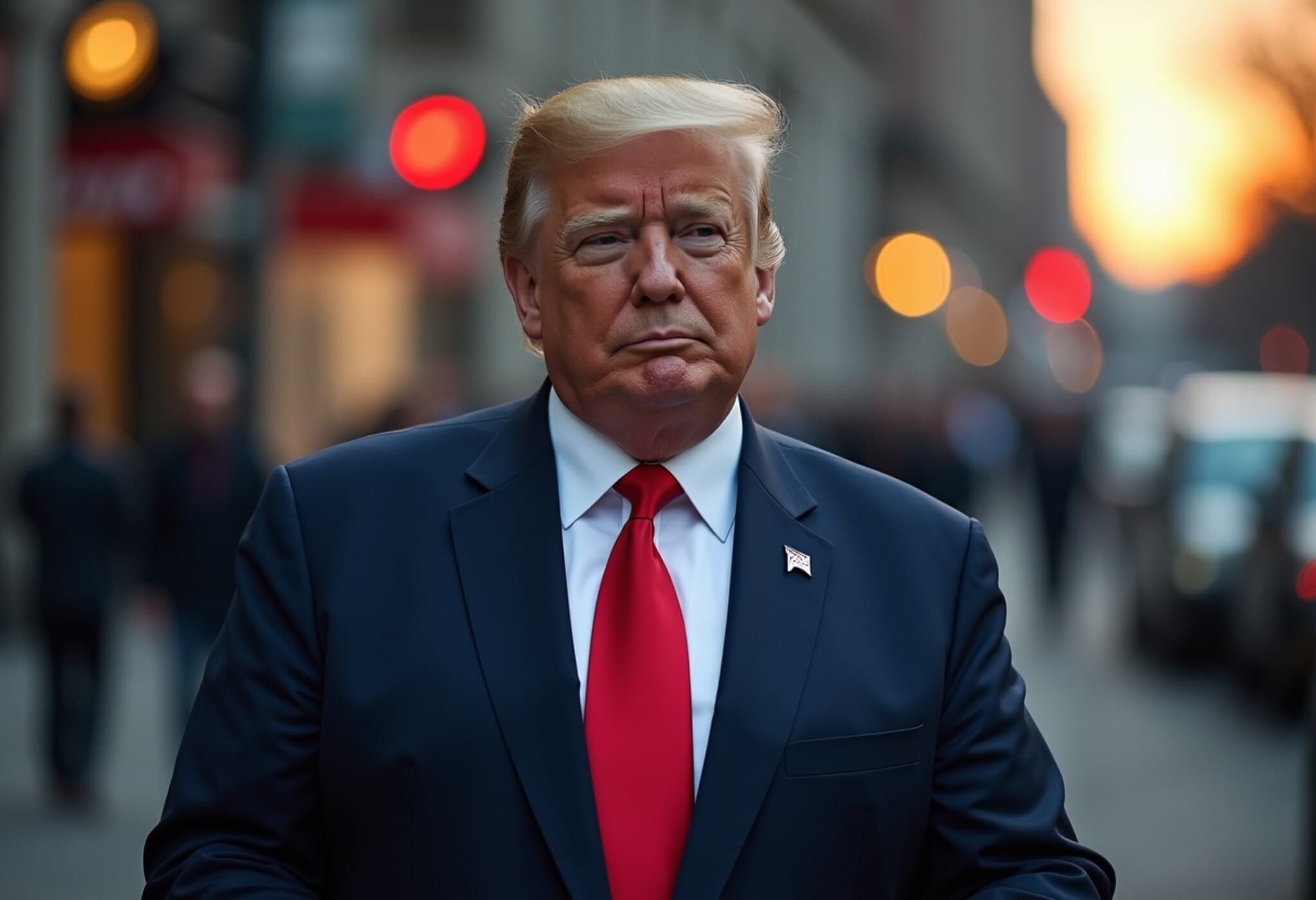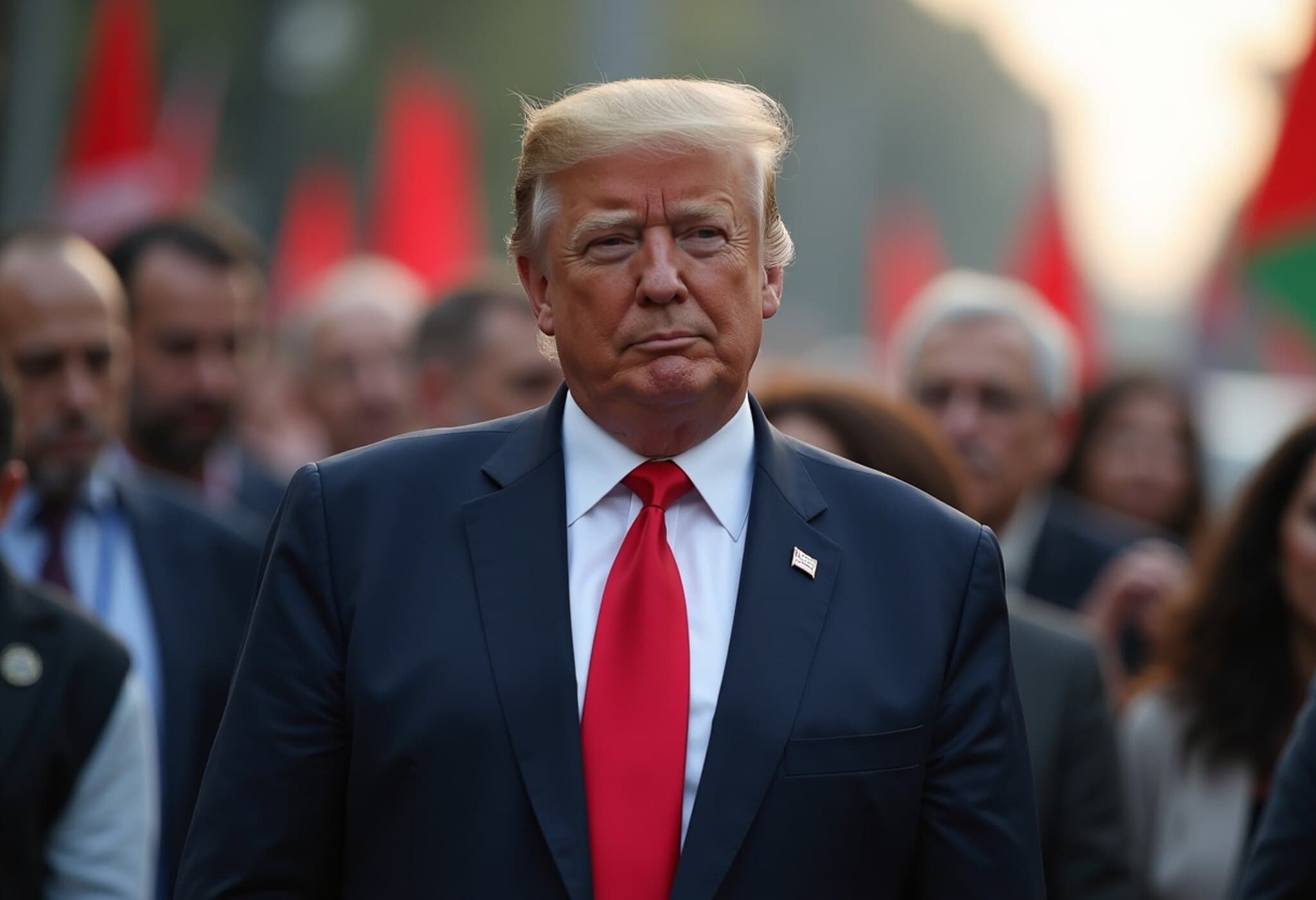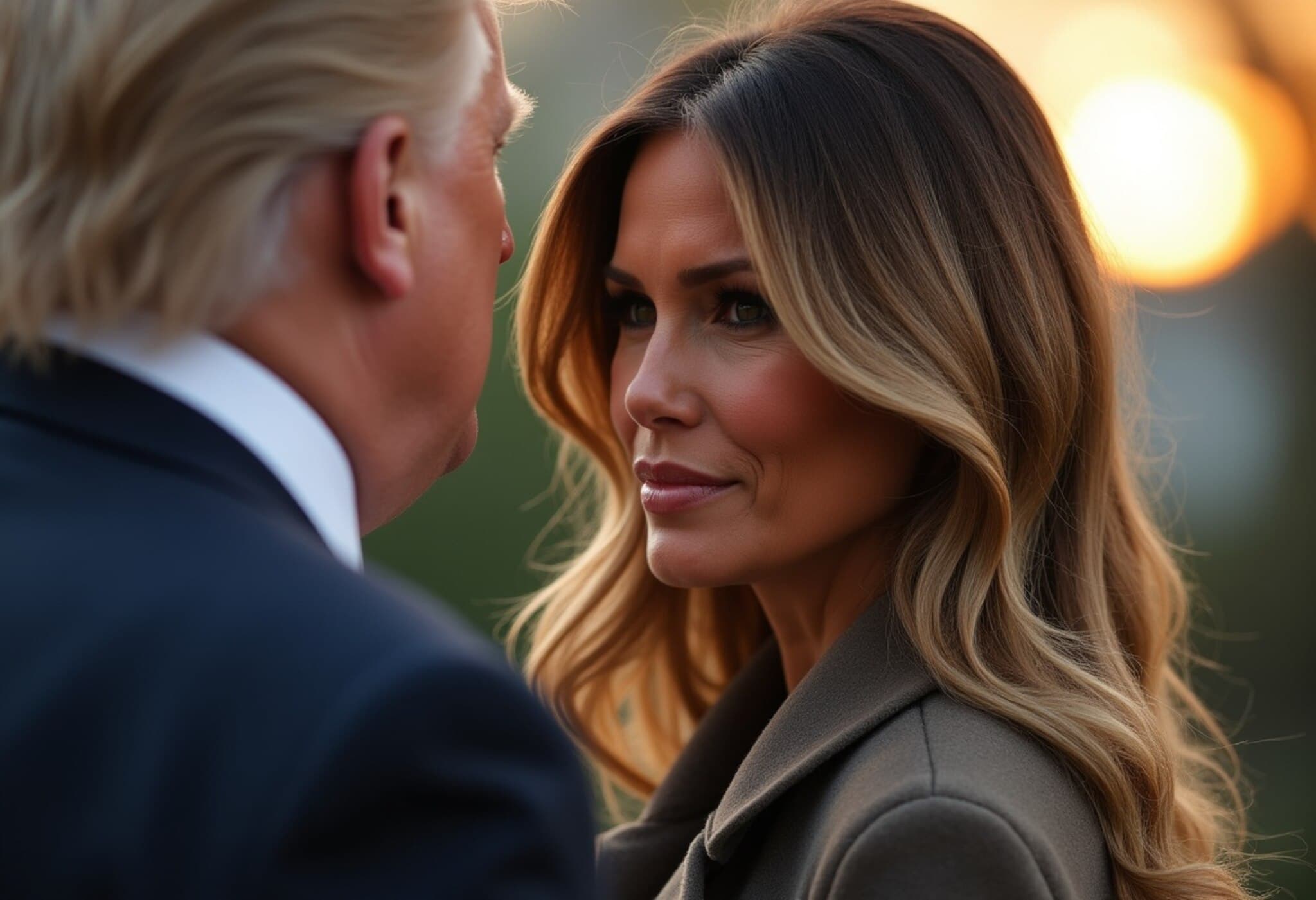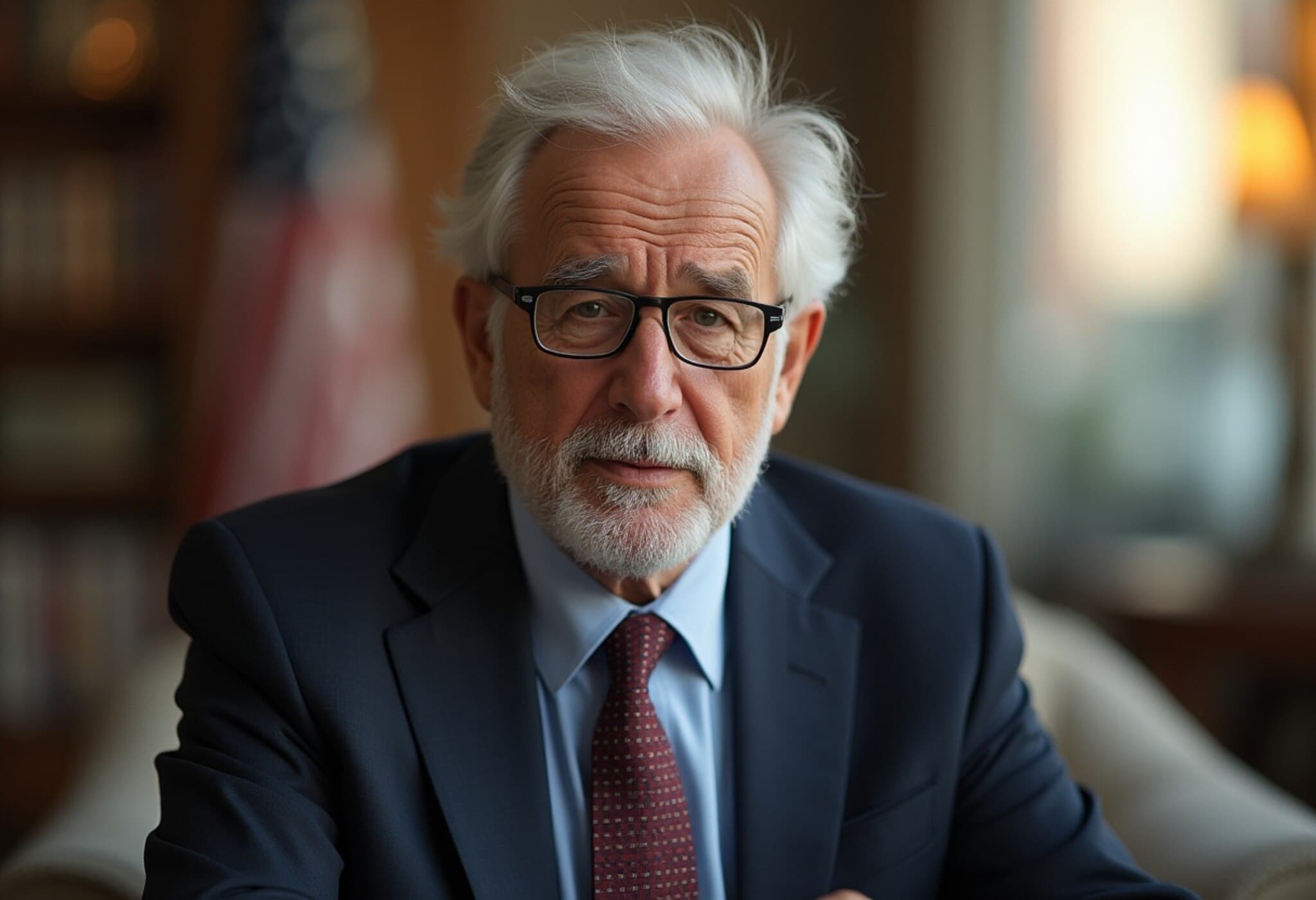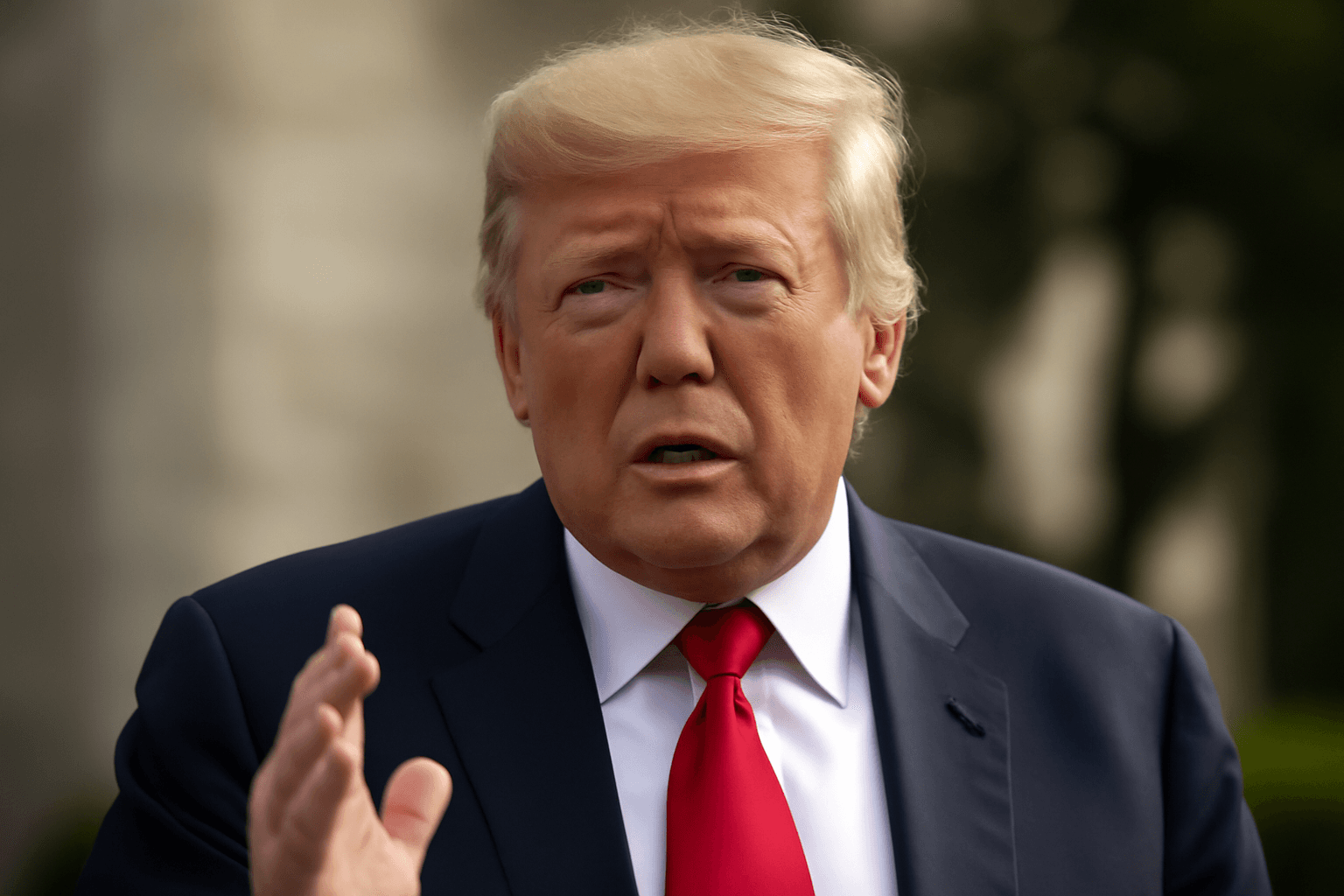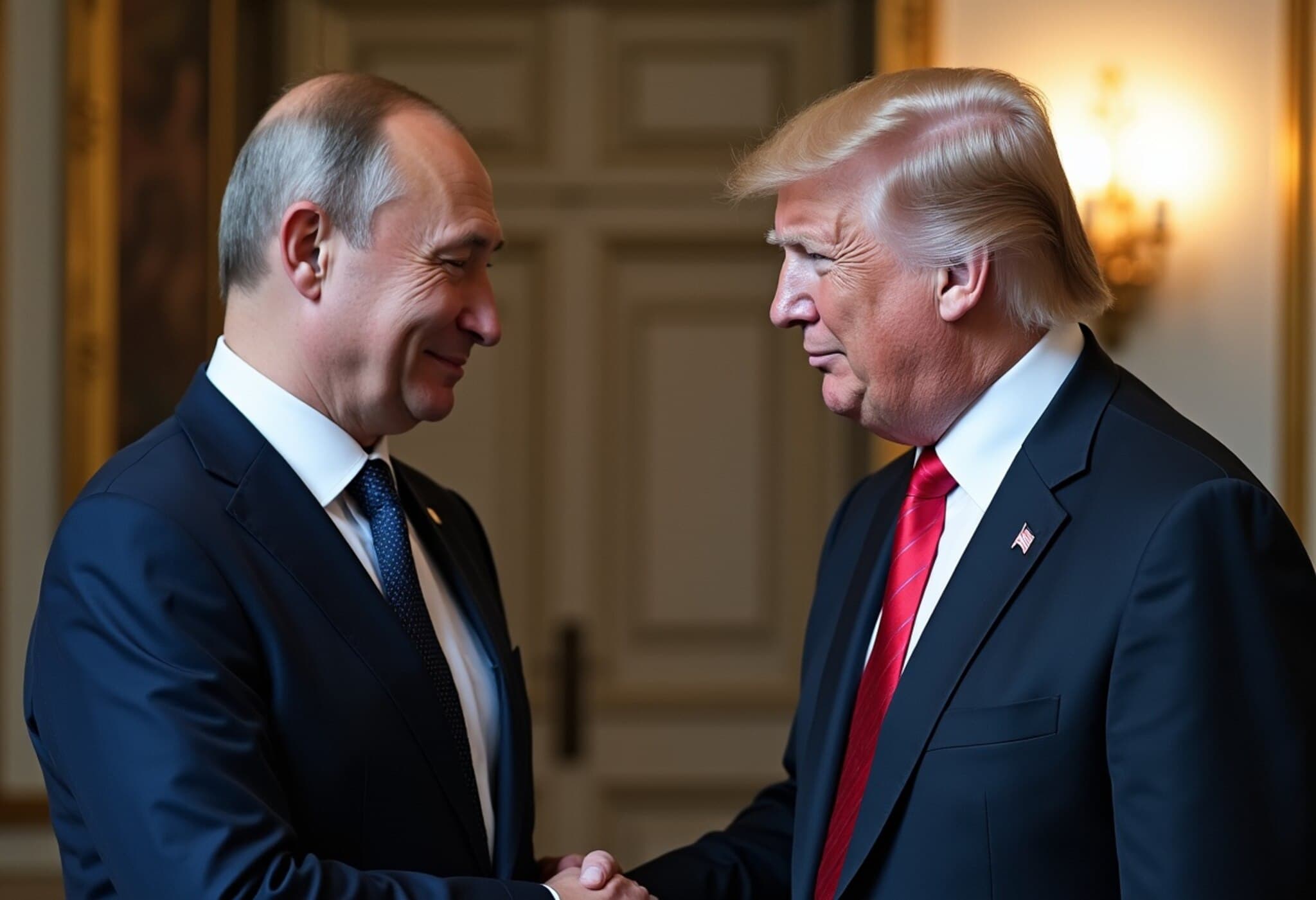Over 600 Former Israeli Security Officials Appeal to Trump to End Gaza War
In an unprecedented collective move, more than 600 retired Israeli security experts, including former intelligence chiefs, have made a public plea to then-U.S. President Donald Trump, urging him to intervene diplomatically and press the Israeli government to bring the ongoing conflict in Gaza to a close.
Professional Assessment: Hamas No Longer a Strategic Threat
The group, calling upon their extensive experience in security and intelligence, stated in an open letter released to media outlets that "It is our professional judgement that Hamas no longer poses a strategic threat to Israel." This assertion marks a significant shift in perspective from key security voices who have historically framed Hamas as an existential risk.
The letter implores President Trump to use his influence to "steer Prime Minister Netanyahu’s decisions toward ending hostilities," underscoring the urgent humanitarian crisis unfolding in Gaza.
Human Toll Behind the Headlines
Adding a poignant human dimension to the military and political assessments, images and reports emerging from Gaza underscore the widespread suffering. Among them, a striking photograph captures 7-year-old Malak Sobh rummaging through garbage for plastic to use as cooking fuel near a makeshift tent camp sheltering displaced Palestinians in Gaza City. This scene encapsulates the devastating impact of prolonged conflict on the civilian population, particularly children.
Context and Broader Implications
This collective voice of seasoned security officials raises critical questions about the effectiveness and strategic justification of continued military action in Gaza. It also invites reflection on the role of international actors, especially the United States, in mediating conflicts rooted in decades of tension.
Expert commentary from Middle East policy analysts suggests that such internal dissent within Israeli security circles could influence public opinion and policymaking, potentially catalyzing a shift toward negotiations and peacebuilding efforts.
- Internal Israeli debates signal evolving perspectives on the Gaza conflict’s trajectory.
- The humanitarian crisis demands urgent international attention beyond military strategies.
- U.S. diplomatic engagement remains pivotal in steering the conflict toward resolution.
Underreported Narratives: Voices of Displaced Palestinians
While political and military analyses dominate headlines, the daily struggle of displaced Palestinians — including children like Malak Sobh — often remains marginalized. This letter, alongside vivid human stories, highlights the urgency to integrate humanitarian concerns into diplomatic dialogues.
Editor’s Note
The unprecedented call from seasoned Israeli security veterans to a foreign leader to mediate their government's actions is both a striking development and a sobering reminder of the complexities underpinning the Gaza conflict.
As the war drags on, questions remain about the strategic gains versus the human costs, the future role of U.S. diplomacy, and the possibilities for peace. Readers are encouraged to consider how expert insights from within conflict zones, combined with humanitarian realities, can reshape global approaches to entrenched conflicts.
In an era where conflict fatigue often dulls international response, this appeal offers a potent example of conscience-driven advocacy among former security professionals, potentially charting a course toward reconciliation.
Stay informed and engaged as this critical global issue continues to evolve.

